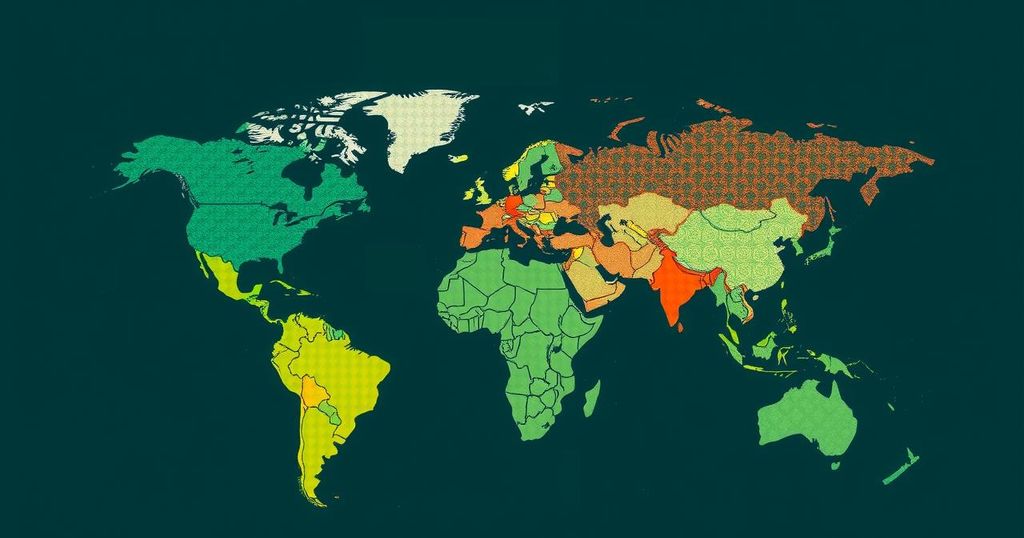Wealthy Nations Begin Compensating Poor Countries for Climate Change Damages
Wealthier nations are initiating compensation for poorer countries suffering from climate change, highlighted by compensation for losses due to Cyclone Freddy in Malawi. Approximately $720 million has been pledged, although much remains unspent. Negotiations at COP29 highlight the urgent need for a structured funding mechanism to address climate-related disasters, as the demand for loss and damage assistance may reach $250 billion annually by 2030.
In the wake of devastating climate events, wealthier nations are beginning to compensate poorer countries for the damages wrought by climate change. One poignant example is that of Christopher Bingala, a subsistence farmer in Malawi, who lost his home and livestock due to Cyclone Freddy in 2023. A payment of approximately $750 facilitated his family’s recovery, representing an emerging trend in “loss and damage” compensation aimed at addressing climate-related losses. This funding initiative stems from an agreement made at a global climate summit, where industrialized nations acknowledged their role in climate change and pledged financial support to lower-income nations, which contribute minimally to global emissions but suffer disproportionately from its impacts. As negotiations unfold at COP29, experts emphasize the urgent need for increased resources to assist vulnerable populations, with an estimated demand for $250 billion annually by 2030, highlighting the broader humanitarian crisis that climate change presents.
The framework for compensating countries affected by climate-related disasters is evolving, with Scotland setting a precedent by becoming the first nation to allocate funds specifically for loss and damage. This pioneering effort provided cash payments to 2,700 families in Malawi, empowering them to rebuild their lives and invest in sustainable resources. However, the majority of the $720 million pledged to date remains unallocated, underscoring the challenges in mobilizing the necessary financing to aid those disproportionately affected by climate change. While some aid specifies disaster recovery, many advocates call for broader applications, such as relocating communities threatened by rising sea levels or preserving essential cultural heritage. As weather-related catastrophes continue to escalate, the imperative for robust, coordinated action from wealthier nations becomes starkly clear, not only for the benefit of affected populations but for the stability of global society as a whole.
Richer countries are becoming increasingly aware of their moral and financial responsibilities toward poorer nations severely impacted by climate change. Due to industrial activities primarily driven by developed nations, low-income countries are experiencing intensified environmental challenges, including extreme weather events. The “loss and damage” compensation framework seeks to address these disparities by establishing a financial mechanism to support developing countries facing devastation from climate-related disasters. This initiative was recently given greater momentum during international climate negotiations, where funding pledges were made but have yet to be fully operationalized. The urgency for such funding is exacerbated by projections indicating increasing financial burdens on low-income countries, which could escalate to $250 billion annually by 2030. The need for comprehensive approaches to encompass not only direct recovery from disasters but also measures to preemptively address future risks is vital for sustainable development and the preservation of cultural and ecological resources.
The need for structured compensation for climate-induced losses is more critical than ever, as the impacts of climate change disproportionately affect low-income countries with minimal contributions to global emissions. The emergence of financial frameworks aimed at supporting recovery efforts serves as a foundational step toward equity in addressing climate challenges. However, the shortfall in pledged funds and the pressing nature of climate disasters necessitate sustained commitment and proactive measures from wealthier nations to ensure the resilience and well-being of vulnerable populations around the world.
Original Source: www.wosu.org




Post Comment